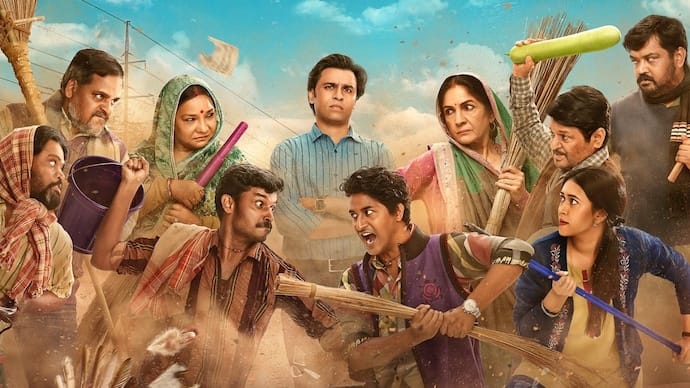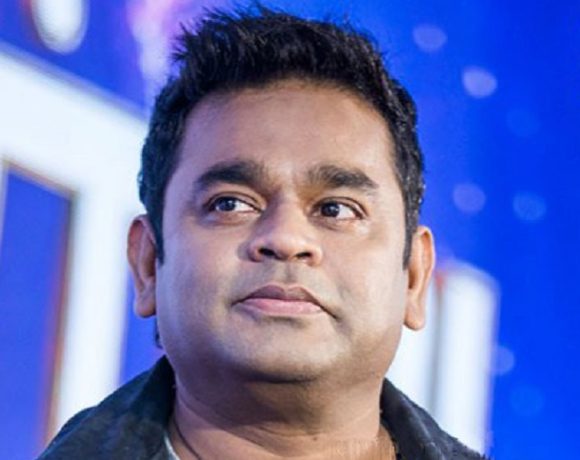
Panchayat Season 4 Review: Politics Deepens, But at a Cost
Rating: ★★★★¼ (4.25/5)
Panchayat has long been celebrated not just as a show, but as an experience—a gently humorous, richly textured look into the rhythms of rural India. The first two seasons found their footing by embracing the simplicity of village life, capturing everything from Abhishek Tripathi’s quiet urban alienation to the panchayat’s involvement in real-world issues like sanitation drives, community feuds, goat thefts, and bureaucratic bottlenecks. These weren’t plot devices—they were the very soul of the show.
Season 4, however, marks a decisive shift. Politics, which had simmered on the backburner in earlier seasons, now takes the spotlight—and the village, in some sense, fades into the backdrop.
The central narrative arc this time revolves around the panchayat elections, and the rising influence of Bhushan and Kranti Devi, as they attempt to upend Manju Devi’s incumbency with the help of the vengeful MLA, Chandra Kishore Singh. The tension is more palpable, the stakes more dire, and the atmosphere considerably heavier. While this makes for engaging political drama, it inevitably dilutes the show’s original charm—its immersive depiction of Phulera’s everyday quirks, dilemmas, and cultural nuances.
That’s not to say the writing has faltered. In fact, Season 4 continues to deliver emotionally effective and socially aware storytelling. There are standout moments—like the aftermath of the assault on Pradhan Ji, which gets spun into a masterstroke of political sympathy, or Prahlad’s unspoken grief as he navigates his emotional isolation. The dialogues remain understated and real, and the scenes are well-paced, though many of them feel more like tactical briefings than the affectionate meanderings of earlier seasons.
Performances remain strong across the board. Jitendra Kumar (Abhishek) carries a subdued confidence in his role, though this time he often finds himself reacting to the drama rather than driving it. Raghubir Yadav (Pradhan-pati) remains the soul of the show, using humor and wisdom in equal measure, while Neena Gupta subtly evolves Manju Devi from a passive figurehead into a more assertive leader. Faisal Malik (Prahlad) and Chandan Roy (Vikas) continue to bring emotional depth and comic timing. The antagonists—Sunita Rajwar’s Kranti Devi and Durgesh Kumar’s Bhushan—add sharpness to the increasingly tense political canvas.
And then there’s the ending.
Without spoiling the twist, the final moments of Season 4 jolt the viewer with a sharp, ambiguous turn. It’s an ending that doesn’t resolve—it ruptures. One that leaves the viewer not just on a cliffhanger, but with questions about the future tone and direction of the show. Will Panchayat return to its roots in Season 5, or is the transformation into a rural political thriller now complete?
To be clear, Season 4 is still high-quality storytelling. It’s technically sound, well-acted, and narratively coherent. But it undeniably feels like a pivot—from slice-of-life social dramedy to political drama with emotional undercurrents. That’s not a bad thing. But for fans who fell in love with Panchayat because it captured the life of a village, not just the power games, this season might feel like a detour.
Verdict:
Panchayat Season 4 is mature, compelling, and well-performed—but it misses the emotional warmth and grounded realism of its early seasons. It sets up a big reset for Season 5, which now bears the responsibility of bringing the soul of Phulera back into focus.


















